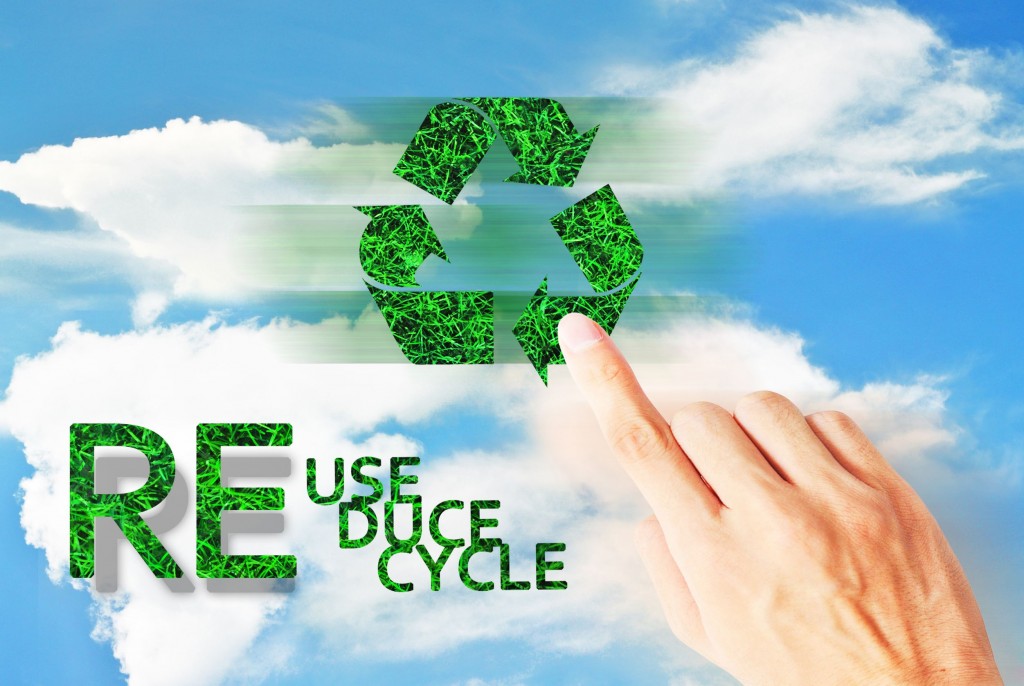When planning a construction or renovation project, proper waste management is a critical part of the process. Whether you’re a homeowner tackling a remodel or a contractor overseeing a large build, understanding how to efficiently handle debris and discarded materials can save you both time and money. For those searching for it, it’s important to know what to expect before you begin. The right dumpster rental can make your project smoother and more organized, but there are several factors to consider to ensure you’re making the best choice for your needs. If you want to get started right away, you can learn more about Construction Dumpster Rental Chattahoochee Hills, GA, through this helpful resource.
Understanding Dumpster Sizes and Types
Before renting a dumpster, it’s essential to choose the right size for your project. Construction dumpsters come in various sizes, typically measured in cubic yards. Common options include:
- 10-yard dumpsters: Ideal for small remodeling jobs or minor cleanouts.
- 20-yard dumpsters: Suitable for medium-sized projects, such as flooring removal or roofing jobs.
- 30-yard dumpsters: Great for larger renovations or demolition projects.
- 40-yard dumpsters: Best for major construction sites with substantial debris.
Selecting the appropriate size helps avoid overfilling fees and ensures you don’t pay for more space than you need. Consider the scope of your project and the type of materials you’ll be disposing of when making your selection.
What Can and Cannot Go in a Construction Dumpster
Not everything can be tossed into a construction dumpster. It’s important to be aware of local regulations and guidelines regarding acceptable materials. Typically, you can dispose of:
- Wood, drywall, and lumber
- Concrete, bricks, and asphalt
- Roofing materials
- Metal and scrap
However, certain items are prohibited, such as:
- Hazardous waste (paint, solvents, chemicals)
- Tires and batteries
- Appliances containing refrigerants
- Electronics
Always confirm with your rental provider about specific restrictions to avoid additional fees or delays.
Understanding Rental Periods and Costs
Rental terms vary depending on the provider and the duration of your project. Most companies offer flexible rental periods, ranging from a few days to several weeks. Be sure to clarify:
1. How long can you keep the dumpster on-site
2. What the base price includes (delivery, pickup, disposal fees)
3. Potential additional charges for overfilling, extended rental, or prohibited items
Comparing quotes and understanding the fine print will help you avoid surprise costs and stay within your project budget.
Placement and Permits
Where you place your dumpster can impact both convenience and compliance. Ideally, the dumpster should be placed on a flat, hard surface with easy access for loading and pickup. If you plan to set it on public property, such as a street or sidewalk, you may need a permit from your local municipality. Check with city officials before your delivery date to ensure all regulations are followed.
Scheduling and Pickup
Efficient scheduling ensures your project runs smoothly. Arrange for dumpster delivery to coincide with the start of your project and schedule pickup promptly once the dumpster is full or your work is complete. This helps keep your site safe and clutter-free.
Renting a construction dumpster in Chattahoochee Hills is a smart way to manage debris and streamline your project. By carefully considering dumpster sizes, understanding what materials are allowed, clarifying rental terms, and planning for proper placement, you can avoid common pitfalls and ensure a hassle-free experience. Taking these steps before you begin will help your construction or renovation project succeed from start to finish.
